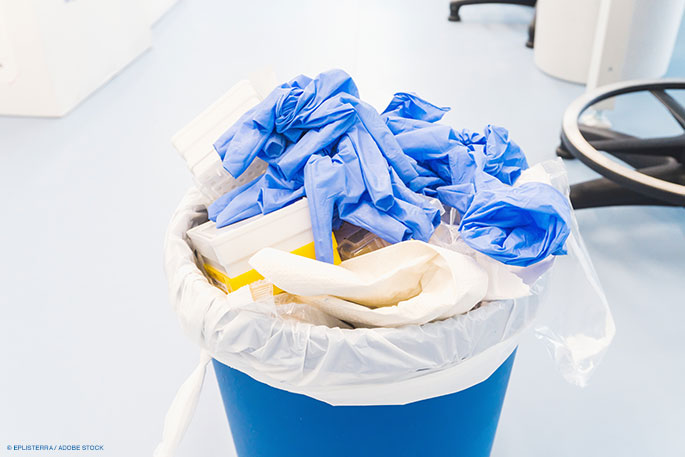
Waste pollution is a global issue that has degraded our surroundings. Organizations such as hospitals emit hazardous wastes that ought to be managed safely. Hospital recycling programs will reduce environmental pollution as well as decrease operational costs. Here is a guide for healthcare facilities recycling programs.
Conduct an Audit
Before starting the actual recycling operations, an audit is necessary. This exercise will uncover how much waste the facility is emitting and the categories. For example, highly hazardous hospital wastes cannot be recycled. Therefore, the audit will give accurate information on how all waste will be managed. Auditing also determines the resources needed to recycle the identified waste.
Reducing
Today, numerous materials that go to waste can be reduced. For example, bathrooms can replace paper towels with a hand dryer. It will save on costs as well as waste capacity used by dumped paper towels. Also, linen diapers are preferable than disposable ones. Choosing instruments in re-usable packaging is also recommended.
Sustainability
All hospitals have a cafeteria or kitchen that significantly contributes to hospital waste. The management should use suppliers with sustainable packaging and recyclable materials. Avoiding waste is possible by using proactive measures. Lab instruments are packaged in two or three different layers. The hospital management and supplier should have a conversation about extended producer responsibility and improving packaging materials.
Composting
Hospitals have numerous wastes that ought to be composted. For example, cafeteria and patients’ food waste are suitable organic materials for composting. Have labeled waste bins that will collect organic waste. For instance, one container should be labeled “organic waste” the other one can be indicated “plastic materials.” Other materials can be referred to as bio-degradable. Composting has a significant impact on waste diversion and reduction.
Volunteers
Beginning a hospital waste and recycling program is a project that requires human power. There is no need of hiring new employees for this work. Ask for volunteers in the existing human resources. Train these volunteers and emphasize the essence of recycling wastes. Also, the entire hospital fraternity needs to understand the culture of recycling and conservation.
Developing your hospital’s waste and recycling program can seem like a daunting task. With these 5 tips, your healthcare facility can reduce its waste generation, environmental impacts, operation costs, and foster a culture of sustainability.




































































































































 Three Ways to Engage Teams and Clients to Maximize Your Recycling Program Engagement
Three Ways to Engage Teams and Clients to Maximize Your Recycling Program Engagement  How to Integrate Accessibility Into Your Sustainability Planning
How to Integrate Accessibility Into Your Sustainability Planning  Why Park Benches Can Promote Workplace Well-Being
Why Park Benches Can Promote Workplace Well-Being 
